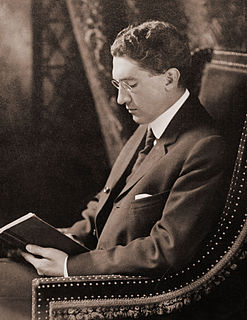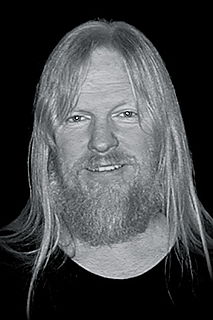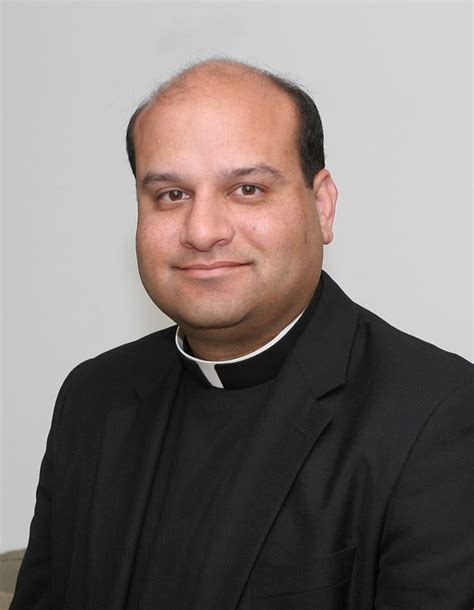A Quote by Mahatma Gandhi
I may have become Christian, were it not for Christians.
Quote Topics
Related Quotes
In practice it undermines the transformation of faith. When Christians concentrate their time and energy on their own separate spheres and their own institutions-whether all-absorbing megachurches, Christian yellow-page businesses, or womb-to-tomb Christian cultural ghettoes-they lose the outward thrusting, transforming power that is at the heart of the gospel. Instead of being 'salt' and 'light' -images of a permeating and penetrating action-Christians and Christian institutions become soft and vulnerable to corruption from within.
It must be understood that there are no nominal, halfhearted, lukewarm Christians in Russia or China. The price Christians pay is far too great. The next point to remember is that persecution has always produced a better Christian - a witnessing Christian, a soul-winning Christian. Communist persecution has backfired and produced serious, dedicated Christians such as are rarely seen in free lands. These people cannot understand how anyone can be a Christian and not want to win every soul they meet.
In the modern Christian attempt to take a stand as Christ did, and maybe for others, win the approval of the world, the Christian will often think that it consists of targeting and demoralizing fellow Christians and only fellow Christians. It is one thing to stand against religious hypocrisy when one sees it, but it is another to go on snorting at anything or anyone who might seem 'too Christian' to us. The irony is that by doing this we are further advocating hypocrisy and 'half-hearted Christians'.
Isn't it interesting that in Acts 11, at the end of verse 26, it says, "The disciples were called Christians first at Antioch." What I find interesting is the simple thought that the Christians didn't name themselves. But rather, they were called (or named) "Christians" by those watching their lives. I wonder if it would be the same today. Could someone look at your life or look at my life and name me a Christian? A humbling thought for sure.
There is no ground whatever for the claim, so often made by religious apologists, that these ideals are specifically Christian and originated with Jesus. What were specifically Christian were some of the less enlightened teachings, which have done untold harm. Christians claim that organised Christianity has been a great force for good, but this view can be maintained on one assumption only: that everything good in the Christian era is a result of Christianity and everything bad happened in spite of it.
I came to the conclusion long ago that all religions were true and that also that all had some error in them, and while I hold by my own religion, I should hold other religions as dear as Hinduism. So we can only pray, if we were Hindus, not that a Christian should become a Hindu; but our innermost prayer should be that a Hindu should become a better Hindu, a Muslim a better Muslim, and a Christian a better Christian.
In restating this basic Christian doctrine, Benedict argues that it is not only for Christians alone. Others may not share the Christian faith in God, but the Christian proclamation that hope comes from within the person- in the realm of faith and conscience - is for them too. It offers an important protection against stifling and occasionally brutal social systems built on false hopes that come from outside the person, founded on political idealogies, economic models and social theories.
That the religious right completely took over the word Christian is a given. At one time, phrases such as Christian charity and Christian tolerance were used to denote kindness and compassion. To perform a "Christian" act meant an act of giving, of acceptance, of toleration. Now, Christian is invariably linked to right-wing conservative political thought -- Christian nation, Christian morality, Christian values, Christian family.









































